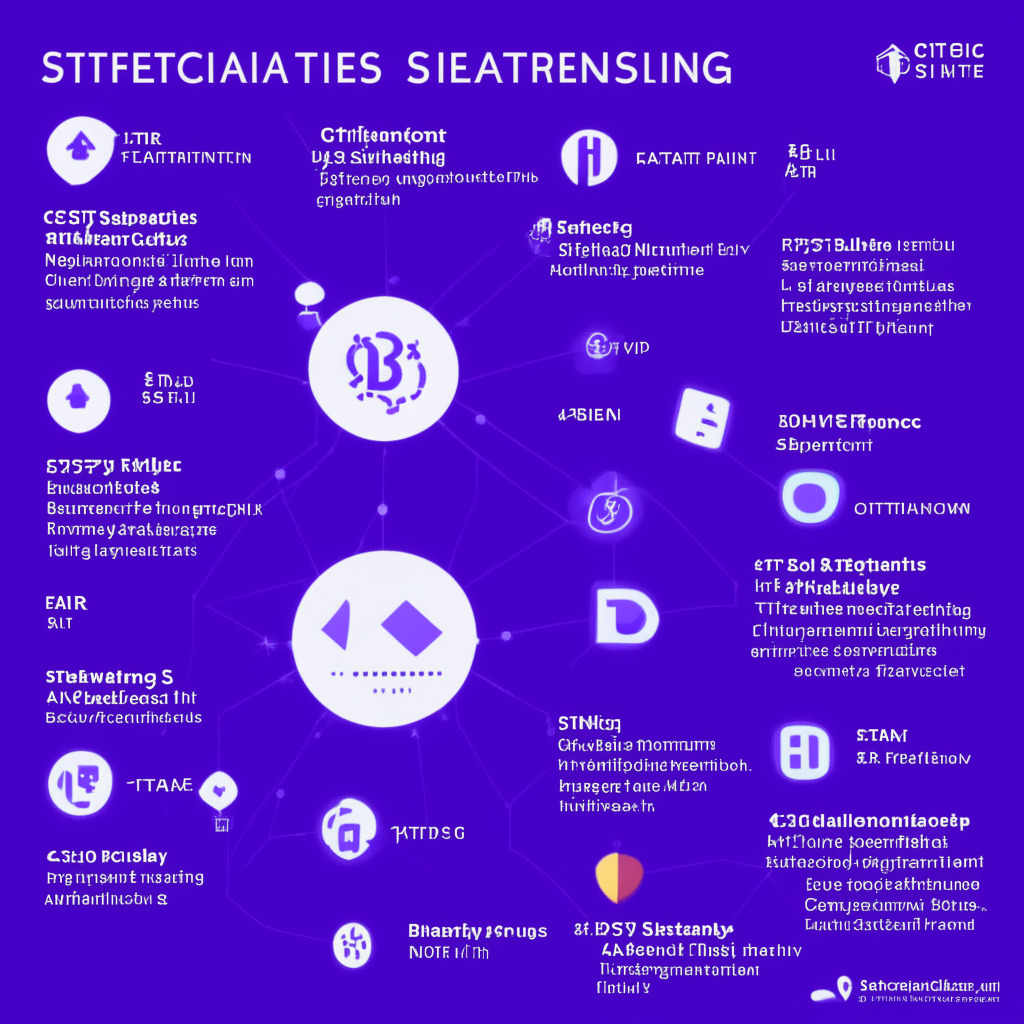In an effort to embrace future tech trends and to appeal to tech-savvy donors, the Singapore Red Cross has recently started to accept cryptocurrency donations. This new initiative marks a significant move towards integrating blockchain technology with philanthropy. The collaboration, announced on August 7, with the first crypto payment gateway licensed by the Monetary Authority of Singapore, Triple-A, gives donors the option to remain anonymous, a clear advantage for those who cherish their privacy. In line with this advancement, the Red Cross will accept a range of widely-used cryptocurrencies, including Bitcoin, Ether, Tether, and USD Coin.
However, not all are wholly optimistic, with the common thread of scepticism tied to cryptocurrencies’ notorious volatility. Once received, all crypto donations will be immediately converted into fiat currency and transferred to the bank within a business day. This swift conversion seemingly underscores a hesitation to fully trust the stability of cryptos. Clearly, successfully bridging the gap between established charitable institutions and emerging digital currencies may require a bit more than just opening up to new forms of donations.
On a larger scale, the same caution seems to echo within Singapore itself. In July, the Singapore High Court announced that cryptocurrencies were private properties. Their classification as “things in action,” under the British common law, means they retain the same principle as fiat money, but are not tangible possessions. This verdict could have numerous implications, potentially paving the way for crypto owners to claim personal rights or seek legal action over their crypto assets.
Contrast this with the stance of the Red Cross, and the challenge of how institutions should treat cryptocurrencies becomes clearly entangled. On one end, there’s the pursuit of technological evolution to cater to a new, digital generation of donors, while on the other, there’s a cautious pause — a lingering disbelief perhaps — in the durability of these digital assets. In this case, the frequently juxtaposed ideas of progress and security, or futurism versus conservatism, manage to find a talking point yet again. Enjoying the futuristic appeal of blockchain technology while still staying grounded in the economic realities of today is a tightrope act that the Singapore Red Cross—and indeed other institutions ready to test the crypto sphere—would need to manage with precision.
Source: Cointelegraph




